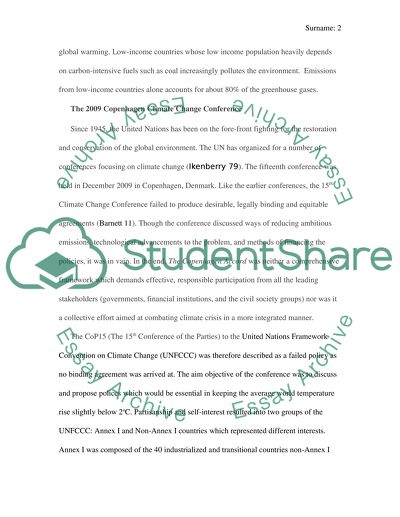Cite this document
(“International relation policies and climate change Research Paper”, n.d.)
Retrieved from https://studentshare.org/environmental-studies/1464786-international-relation-policies-and-climate-change
Retrieved from https://studentshare.org/environmental-studies/1464786-international-relation-policies-and-climate-change
(International Relation Policies and Climate Change Research Paper)
https://studentshare.org/environmental-studies/1464786-international-relation-policies-and-climate-change.
https://studentshare.org/environmental-studies/1464786-international-relation-policies-and-climate-change.
“International Relation Policies and Climate Change Research Paper”, n.d. https://studentshare.org/environmental-studies/1464786-international-relation-policies-and-climate-change.


